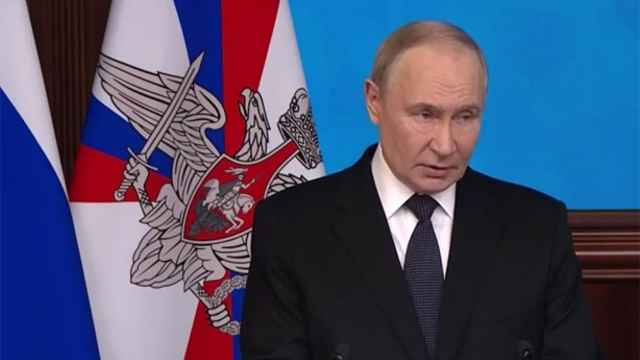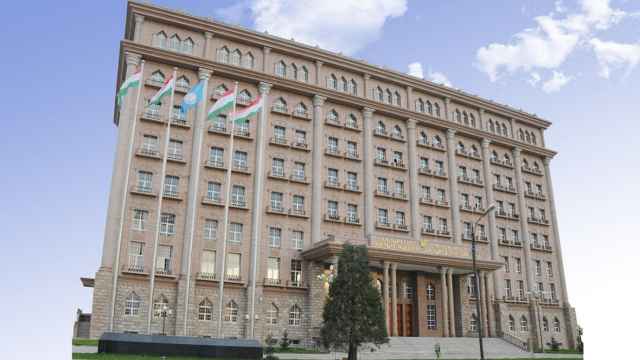Add enough "greats" to your great-grandma to take you back about 600 million years, and you might be greeted by a tentacled sea creature, according to a researcher at Russia's prestigious Moscow State University.
From about 635 million to 540 million years ago, when the Earth's surface was theoretically covered by a vast ocean and a supercontinent called Pannotia, many of mankind's distant ancestors had lophophores, tentacle-like feeding organs surrounding their mouths, according to a paper published Wednesday.
The organisms, collectively known as Lophophorata, were some of the first bilaterally symmetrical creatures. This point was an important step in the evolutionary process because it marked the appearance of animals that no longer looked like amorphous blob-like jellyfish, according to a summary on Moscow State University's website.
The researchers — Yelena Temereva of Moscow State and Yevgeny Tsitrin of the Russian Academy of Science's Institute of Developmental Biology — have been studying the evolution of Lophophorata at the dawn of the proliferation of complex life on Earth. Their findings were published in the English-language scientific journal Plos One.
A Message from The Moscow Times:
Dear readers,
We are facing unprecedented challenges. Russia's Prosecutor General's Office has designated The Moscow Times as an "undesirable" organization, criminalizing our work and putting our staff at risk of prosecution. This follows our earlier unjust labeling as a "foreign agent."
These actions are direct attempts to silence independent journalism in Russia. The authorities claim our work "discredits the decisions of the Russian leadership." We see things differently: we strive to provide accurate, unbiased reporting on Russia.
We, the journalists of The Moscow Times, refuse to be silenced. But to continue our work, we need your help.
Your support, no matter how small, makes a world of difference. If you can, please support us monthly starting from just $2. It's quick to set up, and every contribution makes a significant impact.
By supporting The Moscow Times, you're defending open, independent journalism in the face of repression. Thank you for standing with us.
Remind me later.





